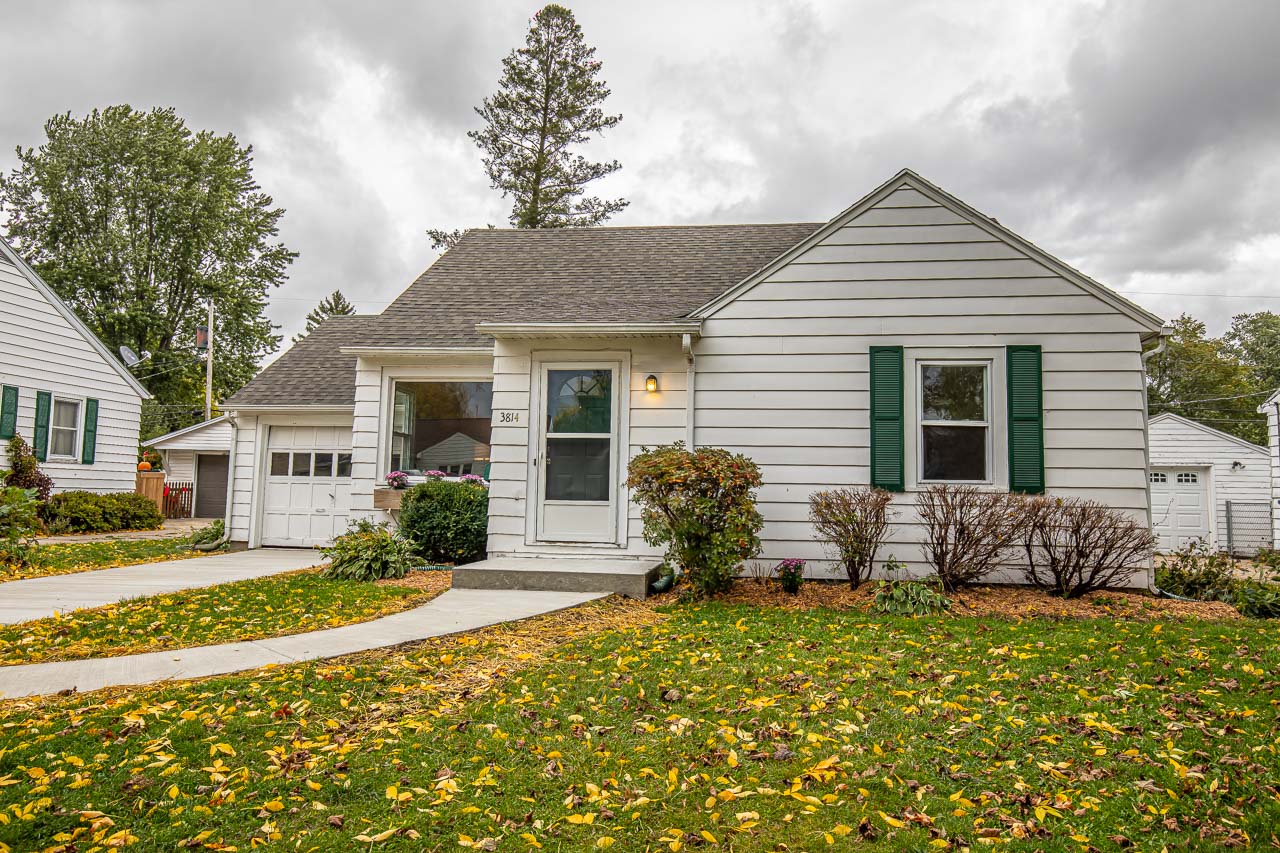Are you pre-approved for a mortgage?
Due to COVID-19, most sellers want a minimum number of people in their homes after being listed. One of the ways to adhere to that request is for a prospective buyer to have a buyer’s agent and be pre-approved for a mortgage. This usually ensures a prospective buyer is indeed serious about purchasing a home. Another benefit to being pre-approved is when you find that one house you desperately want, your offer can go in without delay. That is important when houses are “flying off the shelves.” It also shows the seller you are likely prepared to meet a finance contingency.
Do you know your credit score?
Do you know the minimum credit score you need to qualify for a mortgage? Do you know this minimum will vary depending on what type of mortgage you are seeking?
One of the most common scores used by mortgage lenders to determine credit worthiness is the FICO® Score (created by the Fair Isaac Corporation). FICO® Scores help lenders calculate mortgage rates and fees you’ll pay to get your mortgage. While your FICO® Score plays a big role in the mortgage process, lenders do look at several factors, including your income, property type, assets and debt levels, to determine whether to approve you for a loan.
From this information, they compile a score based on the following factors:
- Payment history (35%)
- Amount owed (30%)
- Length of credit history (15%)
- Types of credit (10%)
- New credit (10%)
Other factors include: income, debt-to-income ratio, savings, employment history, down payment availability
| Type of loan | Minimum FICO® Score |
| Conventional | 620 |
| FHA loan requiring 3.5% down payment | 580 |
| FHA loan requiring 10% down payment | 500 – Some require a minimum score of 580 for an FHA loan. |
| VA loan | No minimum score. However, most lenders will require that your score be at least 620 |
Conventional Mortgages
Conventional mortgages are home loans that follow the standards set by Fannie Mae (Federal National Mortgage Association and Freddie Mac (Federal Home Loan Mortgage Corporation). Fannie Mae buys mortgages from large retail banks while Freddie Mac buys them from smaller thrift ones. But both help banks make more loans and keep interest rates low.
If your credit score is solid (620 and up), you’ll usually be able to qualify for a conventional loan with a low down payment requirement and low interest rate.
Conventional loans are typically best for those with good or excellent credit, as these loans require a higher credit score than an FHA loan (Federal Housing Administration).
These loans tend to offer the most competitive interest rates and flexible repayment periods, such as 15- and 30-year mortgage terms.

FHA Mortgages
The Federal Housing Administration (FHA) – which is part of HUD (U.S. Dept. of Housing and Urban Development) – insures the loan, so your lender can offer you a better deal.
You’ll need a minimum credit score of 580 to qualify for an FHA loan that requires a down payment of just 3.5%. There is no minimum FICO® Score, though, to qualify for an FHA loan that requires a down payment of 10% or more. FHA loans are originated by private lenders, and these lenders will usually have their own minimum credit score requirements.
For a standard FHA loan, some lenders require only one credit score from one of the credit reporting agencies (TransUnion, Experian, and Equifax). But, if your lender obtains all three of your credit scores from TransUnion, Experian, and Equifax, it will use the middle score for consideration. If you apply for a mortgage with your spouse, lenders will use the lower of the two middle credit scores.
Veterans Administration Mortgage
If you meet the requirements, a VA loan, insured by the U.S. Department of Veterans Affairs, can be a smart financial move. That’s because these loans don’t require any down payment at all. They’re also available to borrowers with lower credit scores.
The difficult part is meeting those eligibility requirements:
- You must be a member or veteran of the U.S. Military or a member or veteran of the U.S. Military Reserves or National Guard.
- Spouses of military members who died while on activity duty or because of a service-related disability can also apply for one of these loans.
Another benefit is you won’t be charged for private mortgage insurance when taking out a VA loan. VA loans, though, do charge a one-time funding fee. This fee varies depending on your down payment and the type of military service you logged. For instance, if you are a member or veteran of the U.S. military and don’t put up any down payment, your upfront fee will be 2.3% of your loan amount in 2020.
Please contact your local bank, credit union, or financial advisor before you start searching for your next home.
I can also assist with financial referrals. Gina Newell, Premiere Stagers & Realty brokered by eXp Realty. 608-345-9396
(Source: https://www.quickenloans.com/learn/credit-score-to-buy-a-house)
